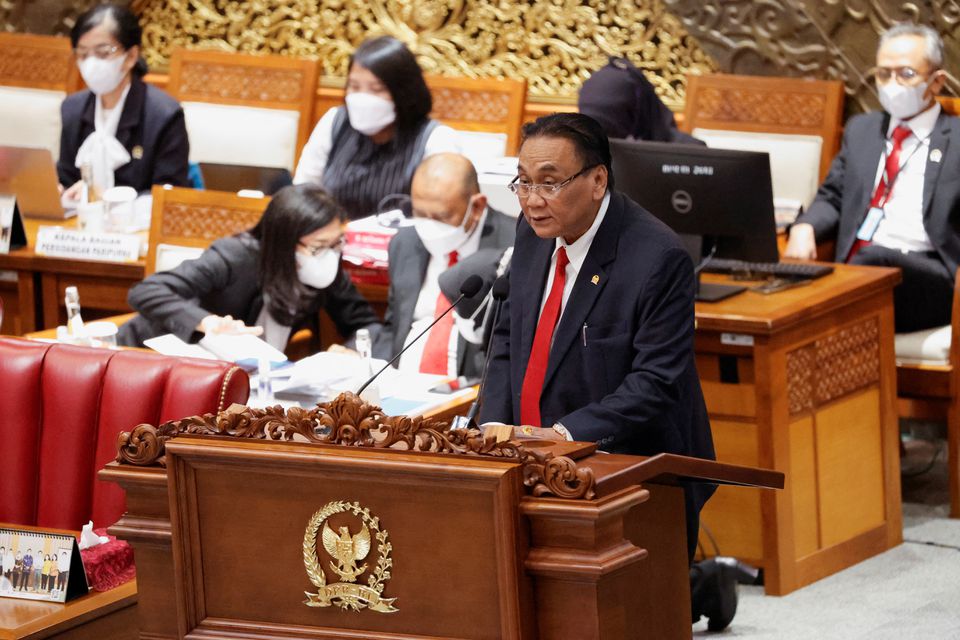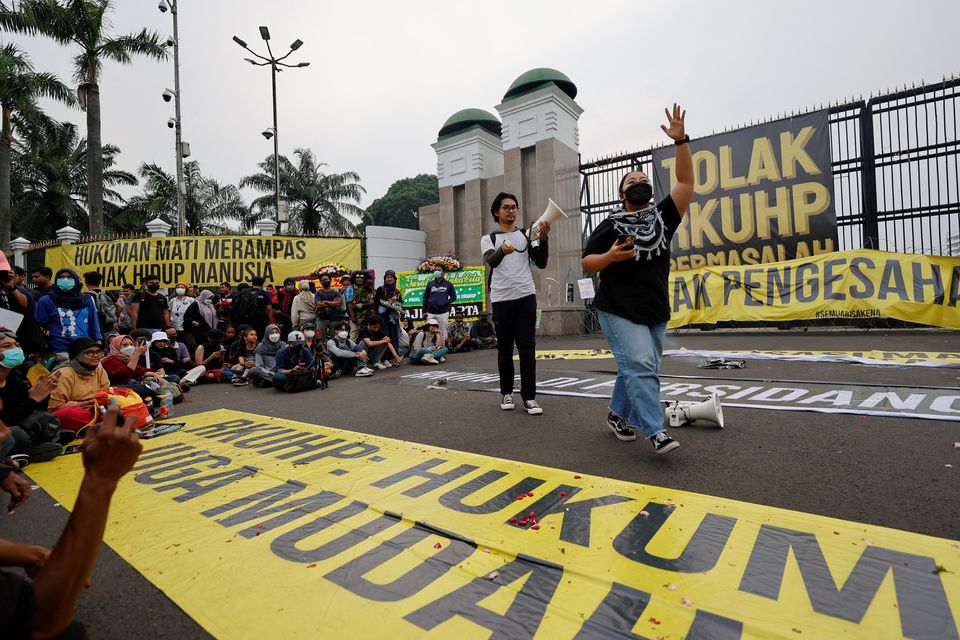Indonesia Bans Sex And Cohabitation Of Unmarried Couples & This Applies To Tourists Too
The laws were passed with full support from all political parties.
In a recent parliament sitting, Indonesia passed a number of controversial laws affecting tourists as well as its citizens
Yesterday, 6 December, Indonesia's parliament passed a Draft Criminal Code (RKUHP) banning premarital sex for citizens and tourists, with a punishment up to one year in jail, according to Reuters.
Meanwhile, cohabitation, which is the act of living together and having sexual relations without being married, will be punishable by six months, as reported by The Guardian.
However, charges can only be made if the police report is lodged by the offender's spouse, parents, or children
In a report from The Guardian, Taufik Basari, a legislator from the NasDem party, stated that, "If a tourist visiting Bali, for instance, had consensual sex with an Indonesian national, and it was reported to police by the Indonesian's parent or child, that tourist could be arrested."
The new penal code has mostly received criticisms.
In a statement to CNN, Putu Winastra, the chairperson of the Association of the Indonesian Tour and Travel Agencies (ASITA), said that the law would "make foreigners think twice about coming to Indonesia".
"From our point of view as tourism industry players, this law will be very troublesome. Should we ask (overseas unmarried couples) if they are married or not? Do tourist couples have to prove that they are married?" Putu stated further.
A photo of tourists walking on the beach in Badung, Bali post-pandemic in 2021.
Image via Antara Foto/Nyoman Hendra Wibowo/ReutersWorries on the new code resulting in lesser foreign investment, tourism, and travel to the state have started to rise
Ned Price, a spokesperson for the US State Department, said that they are concerned how the code could impact the human rights and fundamental freedoms in Indonesia.
"We're also concerned about how the law could impact... US citizens visiting and living in Indonesia as well as the investment climate for US companies," the representative said, according to Reuters.
The new code also bans 'protesting without notification', 'insulting the president or state institutions', and 'spreading views deemed to run counter to Indonesia's secular state ideology' based on another report from Reuters.
The public's response to the new law has been negative, as they believe it is a threat to democracy and free speech.
However, the code will not come into effect until 2025 to allow for implementing regulations to be drafted in the next three years.


